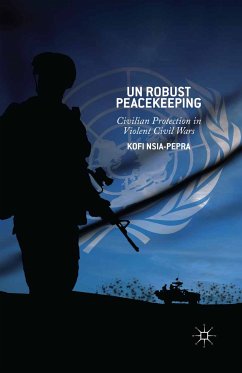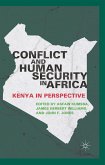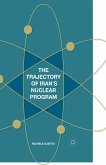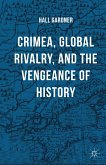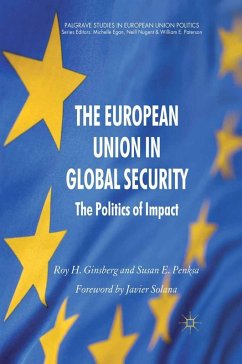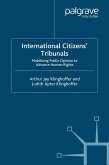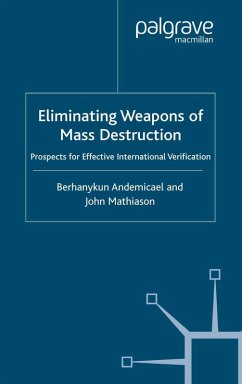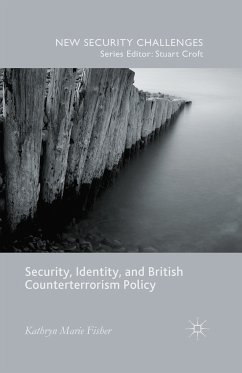Dieser Download kann aus rechtlichen Gründen nur mit Rechnungsadresse in A, B, BG, CY, CZ, D, DK, EW, E, FIN, F, GR, HR, H, IRL, I, LT, L, LR, M, NL, PL, P, R, S, SLO, SK ausgeliefert werden.
-Marie Olson Lounsbery, East Carolina University, USA
'It is not often that systematic evidence is brought to bear to test foreign policy premises, but Dr. Kofi Nsia Pepra has done a service to global governance by evaluating the trends and outcomes of "robust" international peacekeeping in comparisons to earlier forms. Pepra is uniquely suited to this task given his scholarly and military backgrounds and experience with African peacekeeping. His findings give us confidence that the UN and regional organizations are on the right track in formulating more assertive and active enforcement mechanisms. Indeed it appearsthat further steps are underway to bolster these missions and this important book substantiates those initiatives.'
-Frederic S. Pearson, Director, Center for Peace and Conflict Studies and Professor of Political Science, Wayne State University, USA

